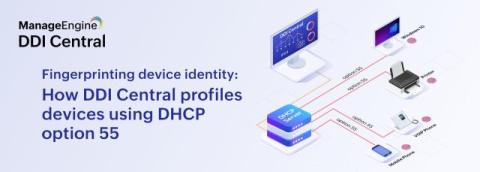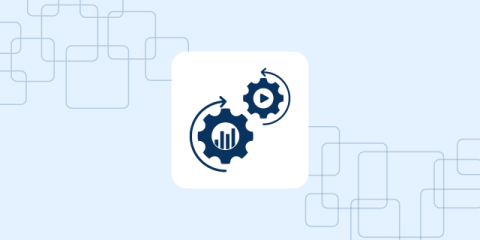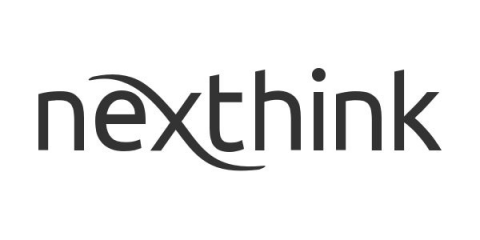7 Incident Communication Templates (+ Best Practices)
In today's tech world, clear communication during incidents is crucial. Whether it's a small issue or a major outage, how you communicate with stakeholders can build trust and speed up resolution. This post explores the essential elements of incident communication templates, providing a straightforward guide to crafting clear and concise messages. From planned maintenance to critical system failures, we'll cover a range of templates for different situations, so you're prepared for anything.










